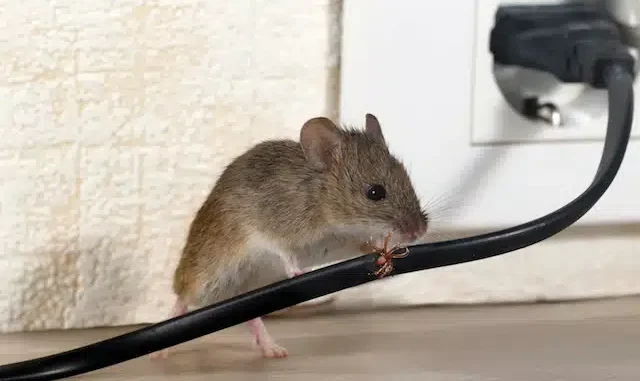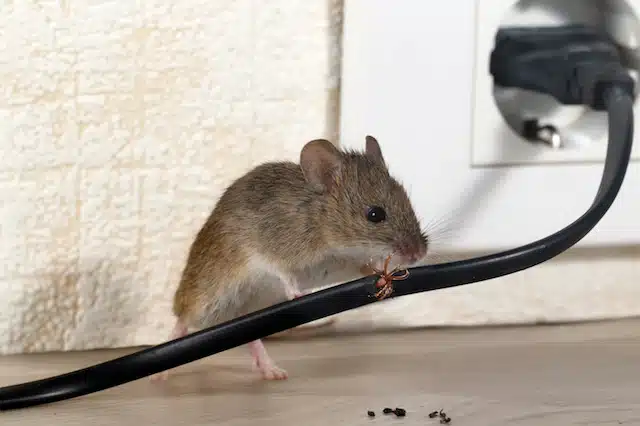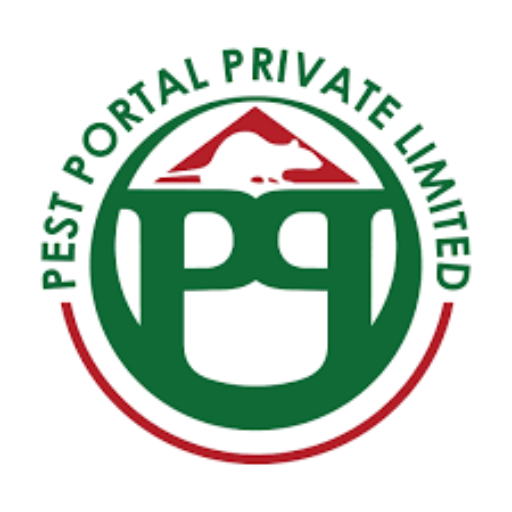
The Unseen Danger: How Rats and Rodents Fuel Fire Hazards in Zimbabwe
Are you afraid that rats and rodents shall fuel fire hazards on your property? Call 0772593344 for safe, effective and professional rodent control services today.
Zimbabwe, like many other nations, faces a significant challenge in the form of rodent infestations. While the immediate impact might seem limited to property damage and disease transmission, the hidden danger posed by these creatures is far more insidious: their contribution to fire hazards. This is a critical issue that requires understanding to mitigate effectively. This blog post delves into the various ways rats and other rodents increase fire risks in Zimbabwean homes, businesses, and infrastructure, offering practical preventative measures.
How Rodents Fuel and Initiate Fires:
Rodents, primarily rats and mice, aren’t directly lighting matches or flicking electrical switches. Instead, their activities create conditions that dramatically increase the likelihood of fire outbreaks. These activities can be broadly categorized as:
Electrical Short Circuits:
This is perhaps the most common way rodents contribute to fires. Their gnawing on electrical wires, whether exposed or within walls, creates frayed wires and exposed conductors. This compromises the insulation, leading to sparking, arcing, and ultimately, short circuits that can ignite nearby flammable materials. This is especially dangerous in older buildings with outdated wiring or insufficient rodent proofing. The humid Zimbabwean climate can further exacerbate this issue, accelerating the deterioration of compromised wiring.
Nesting Materials and Fuel Sources:
Rodents gather nesting materials – anything from paper and cloth scraps to insulation and flammable debris. They often build nests within walls, attics, and other concealed spaces, creating a readily available fuel source for a fire. These nests, often situated near electrical wiring or appliances, become potent fire starters if a spark ignites them. Furthermore, the accumulation of nesting material can obstruct ventilation shafts and other critical fire safety components.
Spilled or Damaged Flammable Liquids:
In homes and businesses that store flammable liquids like petrol, paraffin, or cooking oil, rodents can easily contaminate these substances through gnawing on containers or causing spills. These spills can then ignite easily, leading to potentially catastrophic fires. This is particularly relevant in rural areas of Zimbabwe where storage of such liquids might not adhere to strict safety regulations.
Compromised Fire Safety Systems:
Rodents can damage fire safety equipment. They may gnaw on fire hoses, compromise smoke detectors by chewing on wiring or blocking sensor openings, or even build nests within fire suppression systems, rendering them ineffective. This significantly reduces the chances of early detection and effective fire suppression.
Cooking Appliances and Gas Leaks:
Rodents can gnaw on gas lines, leading to leaks. These leaks can easily ignite, especially near cooking appliances or other heat sources. The smell of gas is often masked by other smells, delaying detection of a potentially dangerous leak until it’s too late.
Specific Considerations for Zimbabwe:
Zimbabwe faces specific challenges exacerbating the rodent-fire hazard nexus:
Informal Settlements: Many informal settlements lack proper sanitation, waste management, and building codes. This creates ideal conditions for rodent proliferation, coupled with the increased risk of electrical hazards and flammable material storage.
Power Outages: Frequent power outages often lead to the use of candles and kerosene lamps, increasing the chances of fire ignition near rodent nests or spilled flammable liquids.
Limited Access to Fire Safety Equipment and Training: Many Zimbabweans lack access to fire extinguishers, smoke detectors, and essential fire safety training, further amplifying the risks associated with rodent-induced fires.
Preventing and Mitigating Rats and Rodents Fuel Fire Hazards in Zimbabwe
Combating this hazard requires a multi-pronged approach:
Profssional Rodent Control Services: Engage Pest Portal Zimbabwe, a reputable pest control company to implement comprehensive rodent control measures. These include rodent baiting, regular inspections, sealing entry points, using rodent traps and repellents.
Electrical Safety: Ensure regular inspection and maintenance of electrical wiring and appliances. Replace outdated wiring, and promptly address any signs of damage or gnawing.
Safe Storage of Flammable Liquids: Store flammable materials in secure, rodent-proof containers, away from potential ignition sources.
Fire Safety Measures: Install and maintain smoke detectors and fire extinguishers. Ensure adequate ventilation and clear pathways for escape. Conduct regular fire safety drills, particularly in homes and workplaces.
Community Awareness: Promote community awareness campaigns to educate the public about the fire risks associated with rodents and to encourage the adoption of preventative measures. This should be done in local languages to ensure maximum reach and impact.
Conclusion
The connection between rodents and fire hazards is undeniable, especially within the context of Zimbabwe’s unique challenges. Addressing this issue requires a concerted effort involving individuals, communities, and governmental agencies to implement effective prevention and mitigation strategies. By prioritizing rodent control and fire safety measures, we can significantly reduce the risk of devastating fires and create safer communities for all


